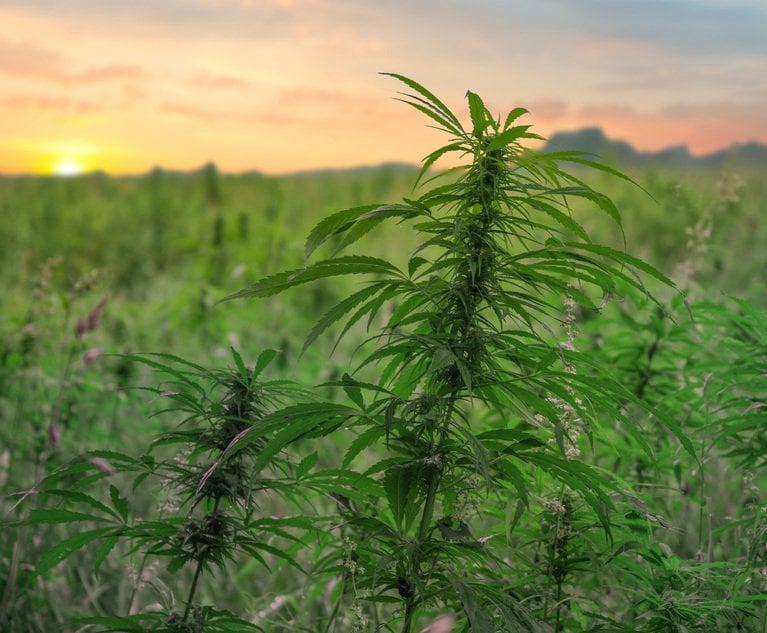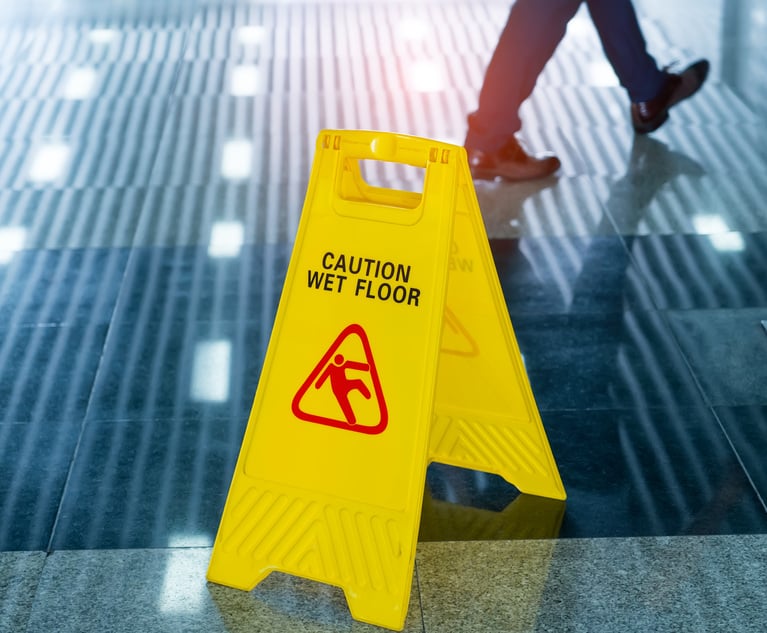Cannabis products advertised as “delta-8″ or “delta-9″ THC are able to be sold by convenience stores, gas stations, or beer and spirits stores that are not state-licensed dispensaries, even though THC is still federally illegal. The Agricultural Improvement Act of 2018 (the “Farm Bill”) removed hemp and hemp-derived products from the definition of “marihuana,” a prohibited schedule I drug under the Controlled Substances Act (CSA). The Farm Bill defined “hemp” as “the plant Cannabis sativa L, and any part of that plant, including the seeds thereof and all derivatives, extracts, cannabinoids, isomers, acids, salts, and salts of isomers, whether growing or not, with a delta-9 [THC] concentration of not more than 0.3 percent on a dry weight basis.” As a corollary, Congress also redefined THC to exempt THC found “in hemp,” (21 U.S.C. Section 812 (Schedule I) (c)(17)); see also Agriculture Improvement Act of 2018, Section 12619(b).
Shortly after the passage of the Farm Bill, the DEA accordingly issued an interim final rule implementing the statute. The regulation modified the existing regulatory definition of THC to make clear that it does not include “any material, compound, mixture, or preparation that falls within the definition of hemp set forth in 7 U.S.C. 1639o.” It also modified the prior regulatory definition of marijuana extract, limiting it to a substance “containing greater than 0.3 percent delta-9 tetrahydrocannabinol on a dry weight basis.”


 Credit: Aliaksei/Adobe Stock
Credit: Aliaksei/Adobe Stock




